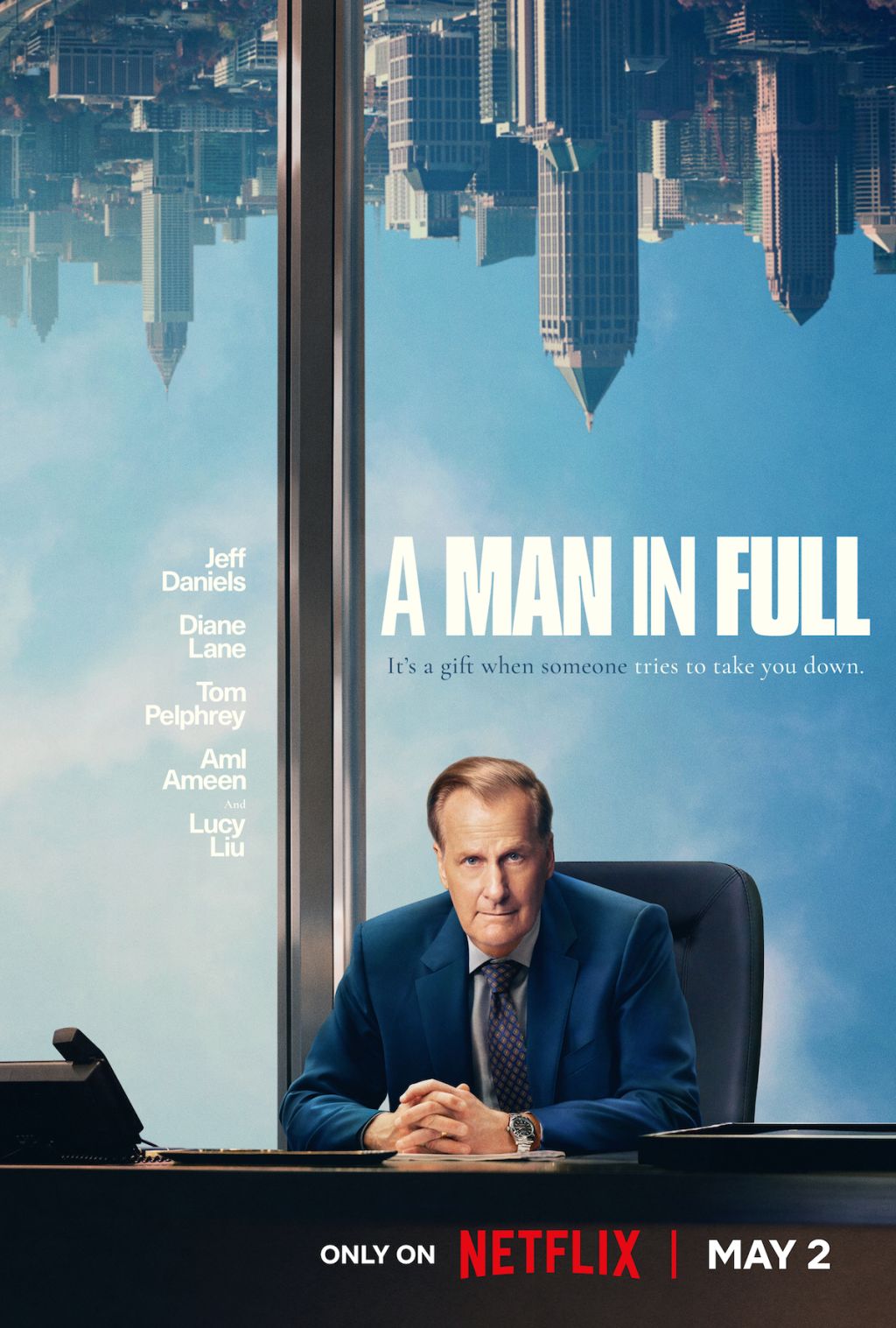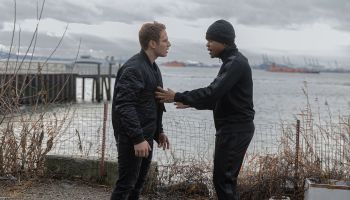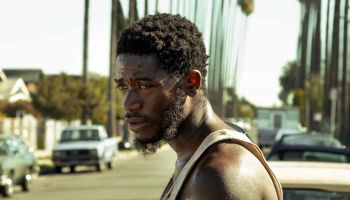Hate Crimes in the Heartland is a crucial film for today. This is not only about black history: From city streets and dark jail cells to the bright lights of the gigantic crime-media business, Hate Crimes in the Heartland exposes the impact of race in America’s racialized media and culture – we have an opportunity to alter the message and myth of blacks in America. The documentary calls the question – why has hatred spread so much in the past decade and what can we do to stop hate crimes?
Hate Crimes in the Heartland focuses on reconciliation and solutions – for example – when Apartheid gripped South Africa there were many pushing for justice and peace. The Truth and Reconciliation Commission spent years undoing the intolerance and looked beyond past deeds toward a new freedom. We need more African American communities and individuals to use situations where racial violence occurs as an opportunity for transformation. The impact of the Trayvon Martin case and others must be carried on – clearly the media-trained fear of men of color has continued. Jordan Davis’ killer has not been convicted because Michael Dunn ‘thought’ he saw a weapon. Is this justice? Heartland carries the message that hate crimes are not an acceptable way to deal with fear and prejudice.
We do not live in a post-racial America. Every message, every black death at the hands of whites is telling us we have a culture that condones the killing of black males. We have to move the country from hatred to hope. Many of the tools are not new – art, music and in our case, the documentary, Hate Crimes in the Heartland. We are focusing on government, media, and community to increase the penalties for hate crimes, to set up local screenings and at Historically Black Colleges and Universities (HBCU’s), and to get the film on the air – and into people’s queues on Netflix.
The film offers a roadmap toward reconciliation and a model for what can happen in partnership with others. The potential for social change is limitless, with people working in tandem to lay the groundwork toward the road to healing America’s racial wounds.
Use our tools, and make your own message. Be in touch with us – we’ll be coming back this fall with new screenings, a petition to toughen hate crime penalties, and other actions. Check us out!
- Create the path toward resolution and healing by getting out to public trials – voice your support of legal protest against hate crimes.
- Call into radio talk shows and reveal the story about Tulsa 1921 and how Tulsa improved over a 90 year period. Florida can do this. New York can do this. Your town can do this.
- Push for your school district to include more African American history in their classes. Suggest that they buy and screen Hate Crimes in the Heartland
- Answer the call by offering the film and its coordinated civic engagement campaign as a tool for social change.
To visit the film website, click here.
For an overview of the HCH campaign, click here.
For an inside look at our Tulsa panel discussion, click here.
And to watch us discuss reconciliation and the “stain” on America, watch the video below:
Rachel Lyon and Pi-Isis Ankhra
















